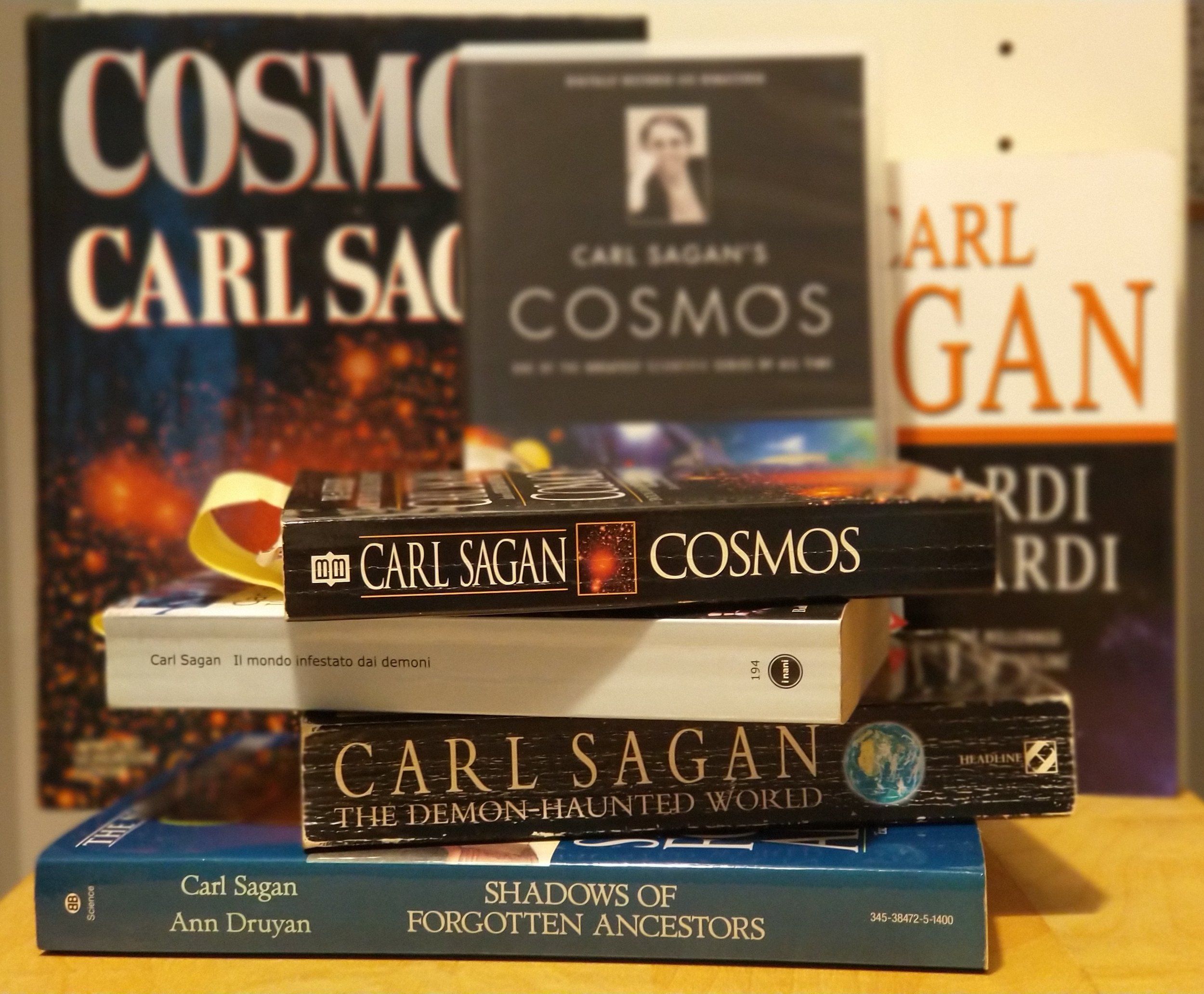I have eagerly waited for a general, comprehensive, and user-friendly introduction to the Cognitive Science of Religion (CSR) for many, many years. Finally, the book I’ve long dreamed about is here. And the result, while impressive in sheer size and scope, leaves much to be desired.
Read moreJames Ungureanu has recently published a peculiar review of my book An Unnatural History of Religions in the March 2022 issue of Isis: A Journal of the History of Science Society. At the very beginning of his contribution, Ungureanu claims that I was “upset” when I “bemoan[ed] rather petulantly” (sic), “lamented”, and “artlessly proclaim[ed in my book my] deepest convictions”, that is, some Lapalissian statements that are part of the current scientific consensus and are directed against pseudohistorical assertions and neocreationist, esotericist, and spiritualist dogmas that characterise the past, and to some extent the present, of the academic field known as History of Religions. I was certainly not “upset” when I wrote the uncontroversial lines that managed to provoke such a defensive reaction in the reviewer. However, being “upset” is exactly the emotional state I was in after reading Ungureanu’s review.
Read moreIn late 2018, less than a year after historian of religion extraordinaire Jonathan Z. Smith had passed away, I submitted an abstract to an interesting conference organized by the Department of Philosophy and Religious Studies at the Norwegian University of Science and Technology, Trondheim, Norway, entitled “When the Chips are Down,” It’s Time to Pick Them Up: Thinking With Jonathan Z. Smith. This post tentatively provides an account of what I might have come up with provided that my submission were accepted (which, alas, was not).
Read moreI recently had the pleasure of exchanging a couple of emails with a colleague of mine regarding my latest published article, He Who Pays the Piper Calls the Tune. In that article, I expanded some of the topics I presented in my speech during the 2021 BASR Annual Conference held (virtually) in Edinburgh.
Read moreIntroduction to the Critical and Interdisciplinary Study of Religion 101: A work in progress.
Read moreAny critical and epistemologically warranted comment against the old phenomenological paradigm in the History of Religions is usually declassed by interested apologists as unworthy of attention - like Eliade taught the field to do - and/or labeled in such a way as to elicit hatred and dodge the issue at stake. It is also a form of begging the question to strengthen one’s defence. And as such, it is a dangerous fallacy.
Read moreWhen I was very young, and already a history buff, I loved to devour books about the history of dinosaur paleontology and play two groundbreaking MS-DOS turn-based strategy videogames on a clunky INTEL 80286, Centurion: Defender of Rome (Bits of Magic, 1990) and Sid Meier’s Civilization (MicroProse, 1991). Both videogames were early examples of what would have become known as “4X” empire-building strategy games, i.e., videogames that involved the exploration of a virtual map, expansion of territory with the conquest or annexation of provinces, exploitation of the resources available on the map, and extermination of (or diplomatic alliance with) enemy factions (Ghita and Andrikopulos 2009). As their names suggest, Centurion allowed the player to take active part in Roman military history as an army officer, while Civilization offered the exhilarating possibility of replaying history with several civilizations on ever-different scenarios and maps.
Read moreIn 1905, Italian novelist and future Nobel prize laureate Luigi Pirandello (1867-1936) published a short story entitled L’eresia catara (“The Cathar Heresy”). In his novella, Pirandello follows the pitiful personal and professional misadventures of Bernardino Lamis, a shy and modest Full Professor of History of Religions (professore ordinario di storia delle religioni) in an unnamed Italian University.
Read more








